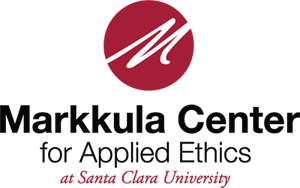Olivia Bye, The Tufts Daily; Is X a threat to American democracy?
"Park’s experience on the site mirrors that of X’s roughly 550 million monthly users and can largely be attributed to X’s acquisition by multi-billionaire businessman and investor Elon Musk in October 2022. In the two years following Musk’s purchase of X, the site has seen unprecedented levels of misinformation and disinformation clouding its user base, a trend that has only been exacerbated in recent months by the 2024 presidential election. The combination of growing artificial intelligence capabilities and a social media platform that has, in nearly every sense, exonerated its regulations of what can or cannot be shared to the site has raised the question: Is X a threat to American democracy?...
However, Associate Professor of Political Science Michael Beckley is skeptical that the increase in political misinformation sets this year’s presidential election apart, citing comparable patterns that have occurred throughout history. “We’ve seen similar things when radio first came out. [People wondered], was this going to allow strong men to rally people behind their cause? We saw the same thing with TV,” he said. “So [the misinformation] is jarring, but I don’t see it as a unique factor. It is rather a pretty chronic factor in a democratic system.”
Kelly Greenhill, an associate professor of Political Science, identifies the normalization of false information spread by notable figures as a key reason behind increased disinformation in the media...
Greenhill suggests that possibly the best solution to avoid X’s abundance of misinformation is, simply, to leave. “People don’t have to use X. They can leave. They can delete their accounts. They can also leave social media. They may not want to, and they may not choose to, but they can,” she wrote. Some users are choosing to do just that; social media sites that have advertised themselves as alternatives to X, such as Bluesky and Mastodon, have amassed popularity in recent years."

